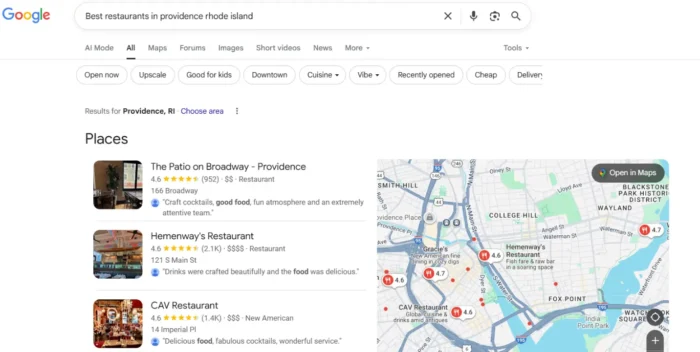Airbnb CEO says staff can 'live and work anywhere'
Airbnb is planning to let its employees live and work wherever they want as other firms start bringing staff back to the office.

Brian Chesky, CEO and Co-founder of Airbnb
Mike Segar | Reuters
Home-sharing platform Airbnb announced that it is planning to let its employees live and work wherever they want as other firms start to look beyond the coronavirus pandemic and bring staff back to the office.
Brian Chesky, the company's CEO and co-founder, revealed the move on Twitter Thursday, saying that staff compensation won't change if they decide to move.
"You have the flexibility to live and work in 170 countries for up to 90 days a year in each location," he said, without specifying which countries they won't be able to work from or the reason for the 90-day cap.
In a separate email to staff, Chesky said employees will still need a permanent address for tax and payroll purposes.
"Most companies don't do this because of the mountain of complexities with taxes, payroll, and time zone availability, but I hope we can open-source a solution so other companies can offer this flexibility as well," he said in the email.
Airbnb employees will be personally responsible for getting "proper work authorization," Chesky said, adding that the San Francisco-headquartered company is partnering with local governments to make this easier.
"Today, 20+ countries offer remote work visas, and more are in the works," he said.
It's possible that the move is designed to inspire other companies to introduce similar remote-working policies that would potentially benefit Airbnb. Airbnb did not immediately respond to a CNBC request for comment.
The decision comes as other firms start trying to lure staff to back to the office, sometimes with perks like social events and free food. However, not everyone is convinced and some workers are reportedly quitting to join companies with more flexible remote-working policies.
Chesky noted that most of his staff will meet in person every quarter for about a week at a time, adding that some will do this more frequently and that Zoom has its limitations.
"The most meaningful connections happen in person," Chesky said. "Zoom is great for maintaining relationships, but it's not the best way to deepen them. And some creative work is best done in the same room."
He went on to say that Airbnb just had its most productive two-year period in its history while working remotely.
"Two decades ago, Silicon Valley start-ups popularized open floor plans and on-site perks," he said. "Today's startups have embraced flexibility and remote work. I think this will become the predominant way companies work 10 years from now."
Chesky suggested that firms will be at a "significant disadvantage" if they "limit their talent pool to a commuting radius around their offices" as the best people live everywhere.

 Fransebas
Fransebas 
































